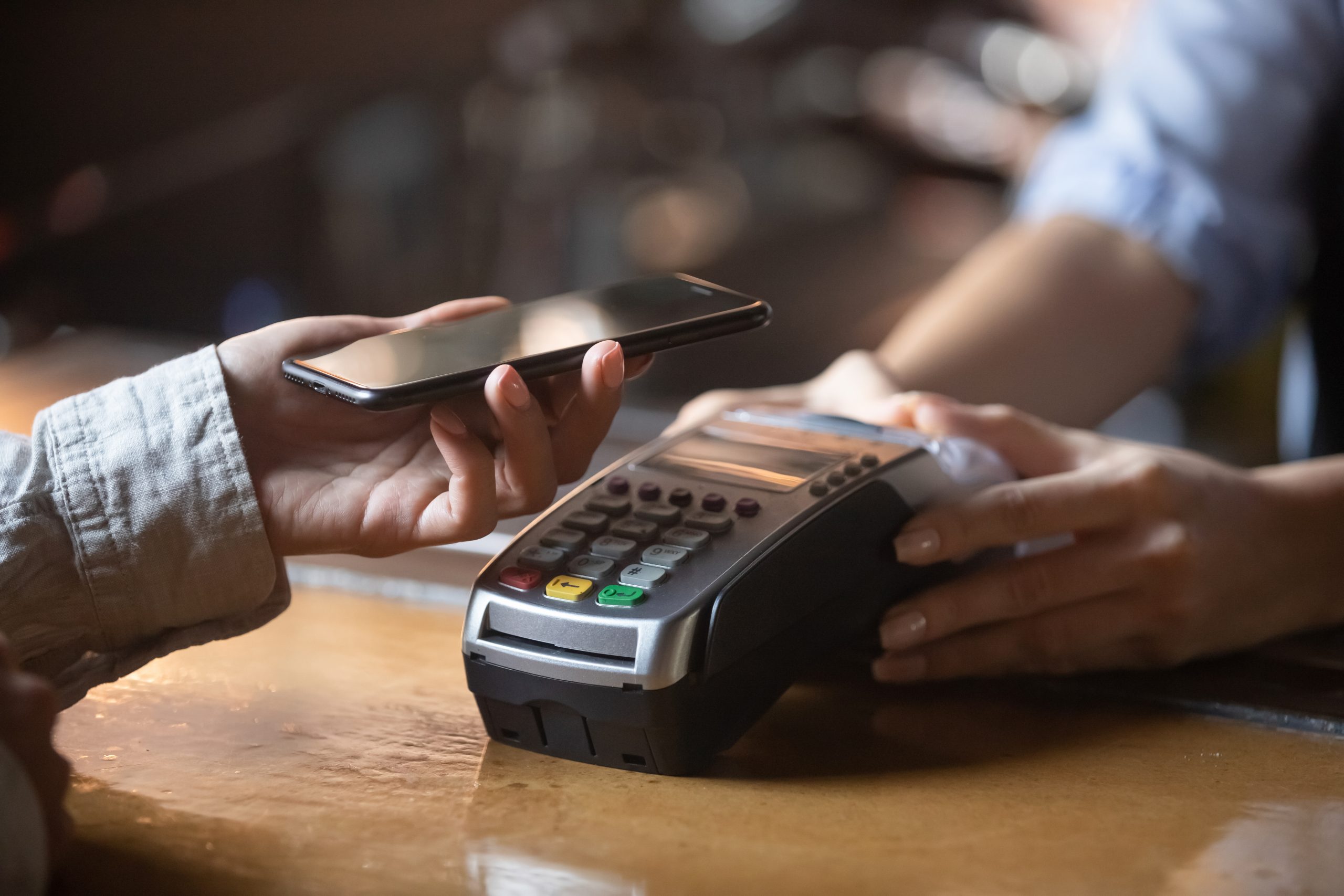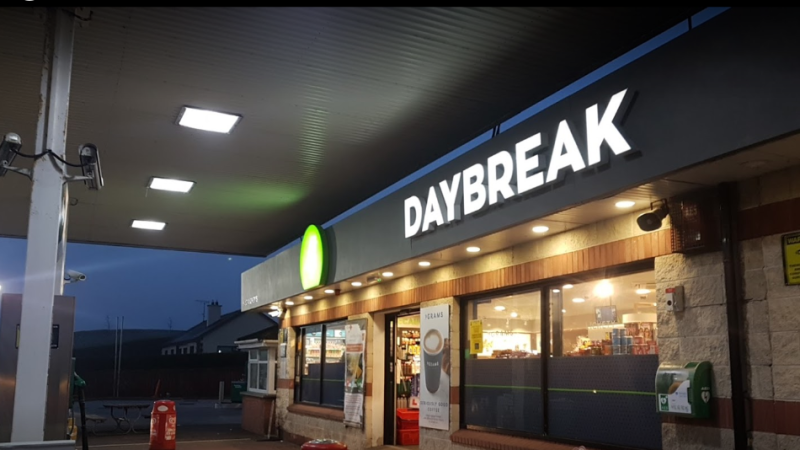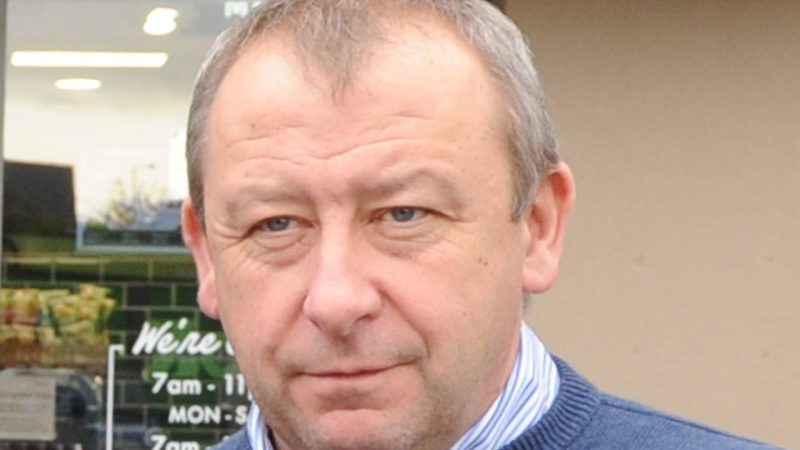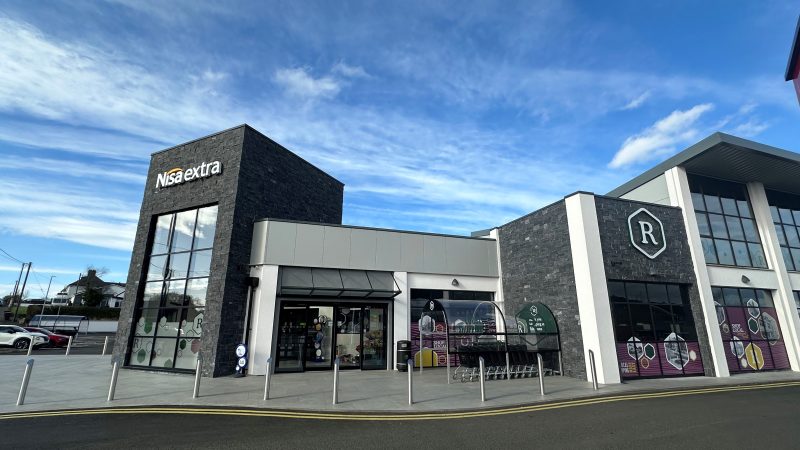Will Ireland go cashless post-COVID?
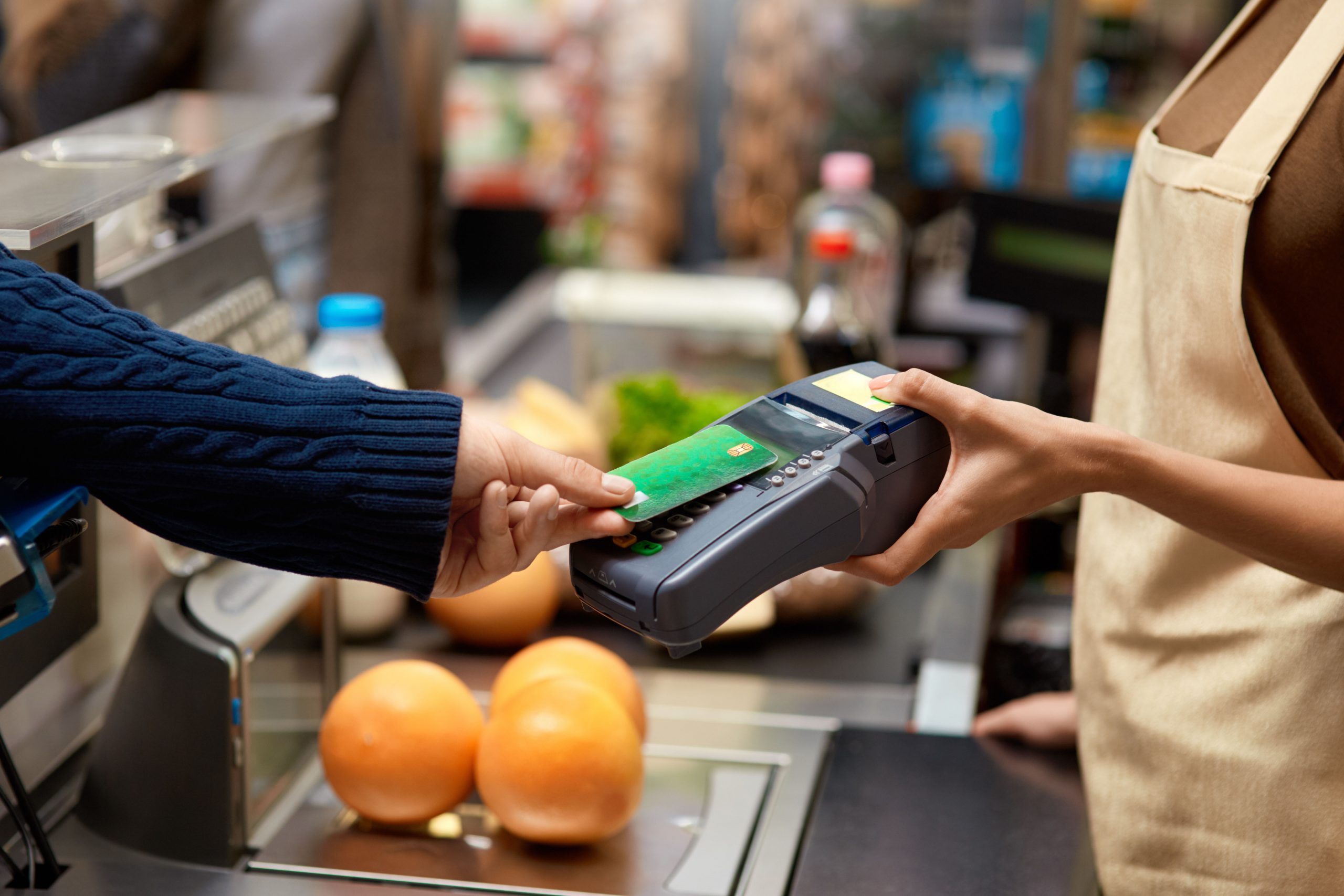
With contactless payments on the rise and cash transactions declining, is a cash-free future on the horizon?
Tap. Tap. Tap. If there were a movement to signify the covid19 pandemic it would perhaps be this one, alongside handwashing, surface-wiping and sneezing into the crook of our elbows. If contactless payments were a fast-moving train before the pandemic, picking up pace and becoming an increasingly common payment method in retailers across the country, then they’ve surely gone into orbit now.
On April 1st a new upper limit for contactless payments was introduced, increasing the amount customers were able to pay with a tap of their card from £30 to £45. The move limited the needed for cash, helped to counter hygiene concerns about money handling and helped to tackle lengthy queues at the checkout.
In the six weeks following its launch, some seven million transactions in Ireland availed of the new contactless upper limit, but the recent success of contactless doesn’t lie squarely at the feet of the pandemic: contactless payments have been experiencing seismic growth for some time now.
Since their launch, contactless payments have risen by 500 percent year on year while debit transactions have doubled since 2014. Before the pandemic, cash payments were predicted to become the minority transaction in the next half a decade and experts reckoned we were on track to become completely cashless by 2030, lagging behind Sweden, predicted to be the world’s first cash-free society by 2023.
But what now? Has our reliance on contactless during COVID catapulted us towards a cash-free future? And what does this mean for retailers?
Bank Of Ireland’s Head of Retail Sector Owen Clifford says our relationship with contactless payments has certainly changed during the pandemic, and that cashless transactions will continue to rise, but he doesn’t believe cash will become obsolete just yet. “The statistics issued by the Banking and Payments Federation of Ireland (BPFI) on 7th August demonstrate that as consumers, we are all using the contactless channel with increased frequency,” he explains.
“The increase in the contactless payment limit to €50 during the pandemic has been a catalyst for this change in behaviour along with the customer seeking a more frictionless shopping experience linked to health and safety concerns. Many retailers have requested a contactless/card only engagement from their customers to provide comfort to their front-line staff during these challenging times.”
And it looks set to continue that way for some time to come. “The volume of card/contactless payments in proportion to cash transactions will continue to increase as the consumer becomes more comfortable with this channel,” Owen continues. “The digital capability of retailer Epos systems, increased choice/innovation (bespoke e-wallets etc) and enhanced cyber-security will support this change in the payments landscape.”
However, Owen believes a cash-free Ireland is still some way off so you shouldn’t bin your cash register just yet. “It’s premature to speak of a cash-less society in Ireland. Whilst card/contactless payments usage is increasing, cash remains the preferred method of payment for many, particularly the most vulnerable in society,” he explains. “Any transition will need to be managed gradually and sensitively to ensure that the payment needs of all citizens are appropriately protected.”
The uptick in contactless payments is certainly something many retailers across the country have seen in their stores “Our number of contactless payments increased 35 to 40 per cent across the Group with the number of cash transactions reducing by the same,” says Patrick McBride, Kernans Group Retail Manager. “We did not find the increase in card transactions to be a problem, in fact they were welcomed, especially at the beginning of Covid because there was a real fear with customers and staff of handling money. We had contactless payment available at all our sites before Covid so we were well set up for it and our connection speeds are fast so the customer did not have to wait for the payment to go through.”
While Patrick would welcome a cash-free future, he does have his reservations. “Yes I would welcome it, however I would be concerned with the dependability of the technology,” he says.
“Currently if the broadband goes down or if the connection with the credit card machine does not work, we can still send customers to the bank machine to get cash, in a cash free society there would be no fall back.”
For now, contactless and card payments look set to continue to increase, which Owen says holds many benefits for retailers. “The majority of retailers would benefit from an increased proportion of their transactions being conducted via contactless/card payment – it reduces the level of back-office work required to reconcile cash balances and addresses staff concerns re hygiene element of accepting cash/coins.”




